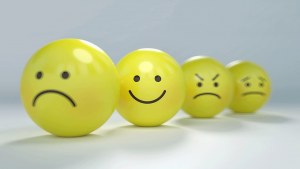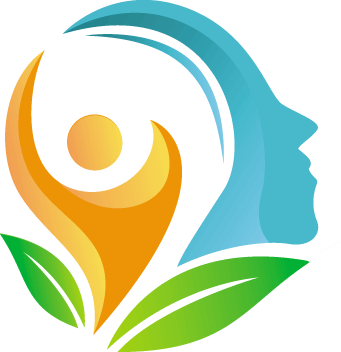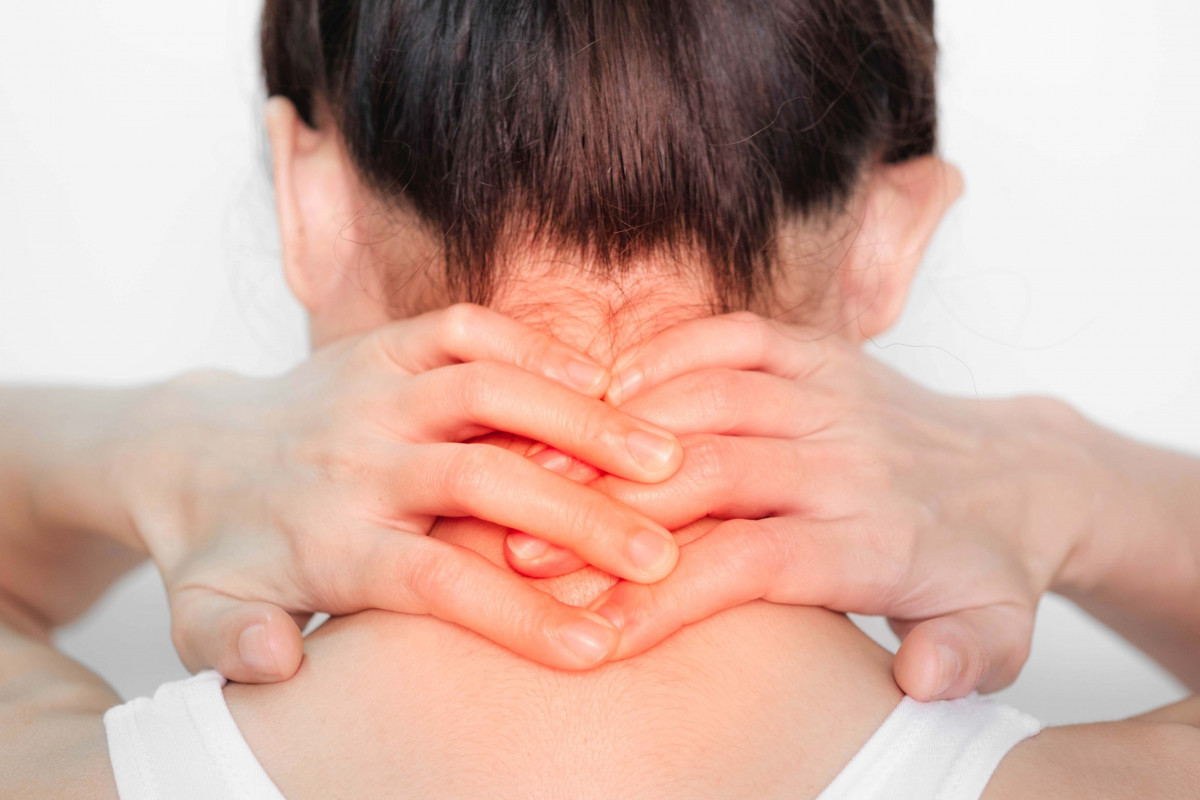Scientists prove it...
Emotion
Emotion is characterised as a state of agitation in the face of a situation that one is experiencing. It occurs suddenly and temporarily. More or less intense, it is accompanied by physical or physiological reactions or pain.
A negative emotion is unpleasant. We all agree on that. This is the case with fear, sadness or shame. But these emotions are there to tell us: be careful, you are not comfortable with this situation, you have been touched, destabilised.
A positive emotion, such as joy or love, are more pleasant and energising but often, depending on the rhythm of our lives, too short-lived.
Today, most scientists consider emotions as specific reactions that allow us to adapt to a specific situation. Indeed, we feel fear in the face of danger and joy in the face of a happy event. Many recent studies have taken a closer look at the relationship between pain and our emotional state.
For example, a 2018 study published in the International Journal of Geriatric Psychiatry, which looked at 4,792 people with self-reported depression and arthritis who had a confirmed diagnosis from a physician, showed that the prevalence of arthritis was higher in people with mild (55%), moderate (62.9%) and severe (67.8%) depression. Of course, depression does not cause arthritis. However, the two conditions often go hand in hand, leading to a decline in physical and mental health. If you feel that there is something wrong with your mood, talk to your primary health care provider or rheumatologist about getting tested for depression.
Stress
Stress causes psychosomatic illnesses or chronic physical pain and this happens when we suppress our emotions. We pretend that we don’t feel any pain, that it will pass with time, that everything is fine and that the best remedy is to keep busy, work, think about something else.
For example, we may run away from our emotions because we are afraid to face a bereavement, a separation, to dare to say what we don’t like…We are still human beings and sometimes we need time to face our situations.

What solution do we have?
The best remedy in this case is to learn to manage one’s emotions to reduce one’s discomfort and pain. This is the ultimate goal of all emotional and holistic therapies. This requires accepting one’s situation because one cannot lie to one’s body, accepting that one cannot face all the problems because we are human beings with a heart, with a sustained rhythm of life and with challenges to face…
Christelle Marchetti Veclin

